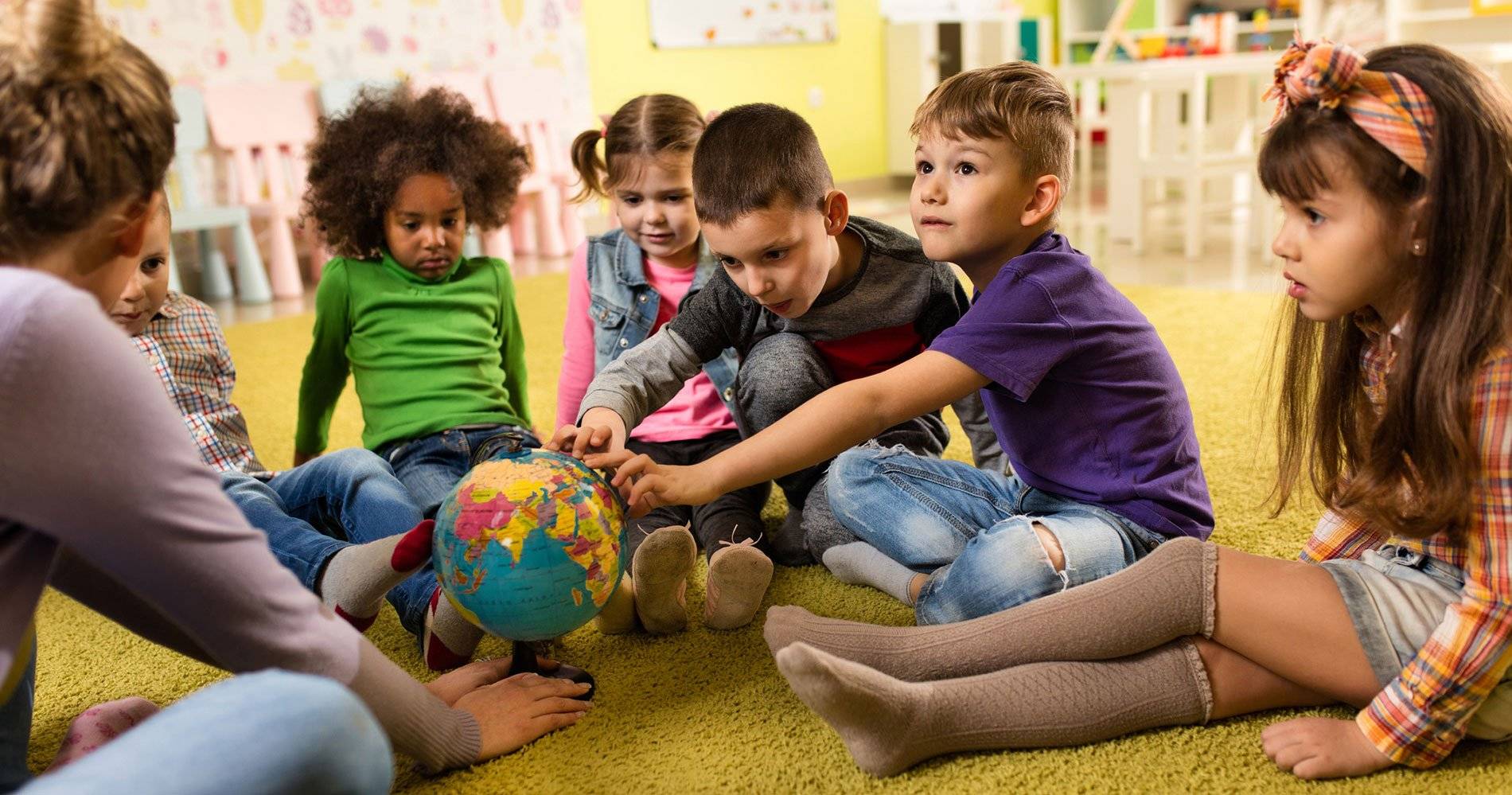Are you contemplating whether early childhood education is the right path for your child? Making this decision is undoubtedly important, as it lays the foundation for your child’s future academic and personal growth. Early childhood education offers numerous benefits, including cognitive development, social skills enhancement, and a love for learning. However, before you take the plunge, it’s crucial to evaluate whether it aligns with your child’s needs and your family’s values. In this comprehensive guide, we’ll explore eight essential ways to help you determine if early childhood education is the best choice for your little one.
Understanding Early Childhood Education
Before making any decisions, it’s vital to grasp the essence of early childhood education. This involves preschool and kindergarten years, focusing on learning through play, social interactions, and structured activities. The curriculum aims to foster creativity, emotional development, and a solid foundation for further learning.
Assessing Your Child’s Readiness
Consider your child’s readiness for structured learning. Are they curious, eager to explore, and willing to engage with others? If your child exhibits a keen interest in discovering the world around them and shows a willingness to learn, early childhood education might be a perfect fit.
Identifying Learning Style
Every child has a unique learning style. Some thrive in interactive environments, while others prefer more self-directed learning. Observe how your child responds to various stimuli and interactions to determine if early childhood education aligns with their learning preferences.
Social Development Goals
Early childhood education emphasizes socialization, helping children develop crucial social skills. If you believe your child would benefit from interacting with peers, learning to share, and cooperating in a structured setting, early education could be highly advantageous.
Family and Work Dynamics
Consider your family’s daily routine and work commitments. Early childhood education can provide a consistent schedule and a safe environment for your child while you attend to your responsibilities. Assess how well the program’s timings align with your family’s needs.
Long-Term Educational Goals
Think about your long-term educational goals for your child. Does early childhood education fit into your broader plans? Research indicates that a strong foundation in early education can lead to better academic outcomes in later years.
Financial Considerations
Evaluate your budget and the costs associated with early childhood education. While it can be an investment, the potential benefits to your child’s development and future achievements might outweigh the financial aspects.
Trusting Your Instincts
Ultimately, trust your parental instincts. You know your child better than anyone else. If your intuition tells you that early childhood education aligns with your child’s needs and your family’s values, it might be the right path to pursue.
Conclusion
Deciding whether early childhood education is suitable for your child involves careful consideration of various factors. Understanding the concept, assessing your child’s readiness, identifying their learning style, and evaluating social development goals are all essential steps. Additionally, accounting for family dynamics, long-term educational goals, financial aspects, and trusting your instincts play vital roles in making this decision. By taking these factors into account, you can confidently determine if early childhood education is the right choice for your child’s bright future.
FAQs About Early Childhood Education

